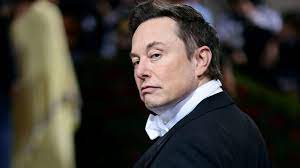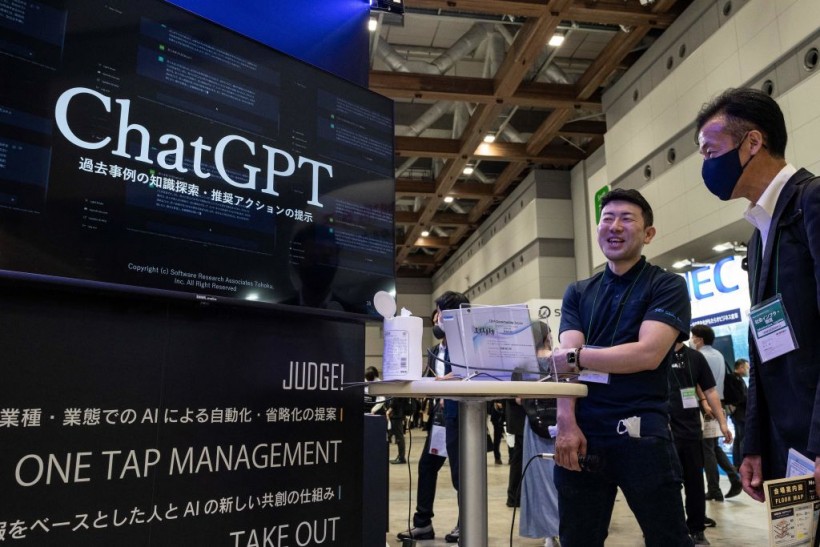Elon Musk Sues OpenAI, Claiming Breach of Founding Agreement
Elon Musk is suing OpenAI, the company he co-founded, for allegedly breaking the agreements they made when the company was established.
The lawsuit centers on the core principles outlined in OpenAI's founding documents:
- Developing beneficial AI for humanity, not for profit: OpenAI was intended to be a non-profit organization developing safe and beneficial Artificial General Intelligence (AGI) for the good of humanity, not for the financial gain of a single company.
- Open-source technology: The company aimed to be transparent, sharing its research and technology openly, except in cases where safety concerns might necessitate limitations.
Musk's concern is that OpenAI has strayed from these principles:
- Closed-source technology: Unlike its predecessor GPT-3, details and access to the powerful GPT-4 model are restricted, contradicting the commitment to open-source development.
- Profit through Microsoft partnership: OpenAI has a licensing agreement with Microsoft, making its technology potentially profitable for the tech giant, which goes against the initial goal of non-profit development.
The lawsuit argues that OpenAI has become "a de facto subsidiary of Microsoft," using its technology for profit rather than for the benefit of humanity.
Key points to note:
- The lawsuit claims that GPT-4 qualifies as AGI, which, if true, would prevent Microsoft from accessing it under the licensing agreement. However, there's no clear definition of AGI, making this claim legally challenging.
- OpenAI is reportedly developing an even more advanced model called Q*, which could potentially be classified as AGI.
- The lawsuit sheds light on the power dynamics within OpenAI, particularly regarding the recent board changes and the lack of information about Ilya Sutskever's involvement.
- The lawsuit reflects Musk's long-standing concerns about the potential dangers of AGI falling into the wrong hands.
Further implications:
This lawsuit is likely to be a lengthy process. While OpenAI might use concerns about the potential dangers of AGI to justify its closed-source approach, defending its profit-driven partnership with Microsoft could prove difficult.
The lawsuit offers a glimpse into the inner workings of a major player in the AI industry and raises crucial questions about the development and control of powerful AI technology.





